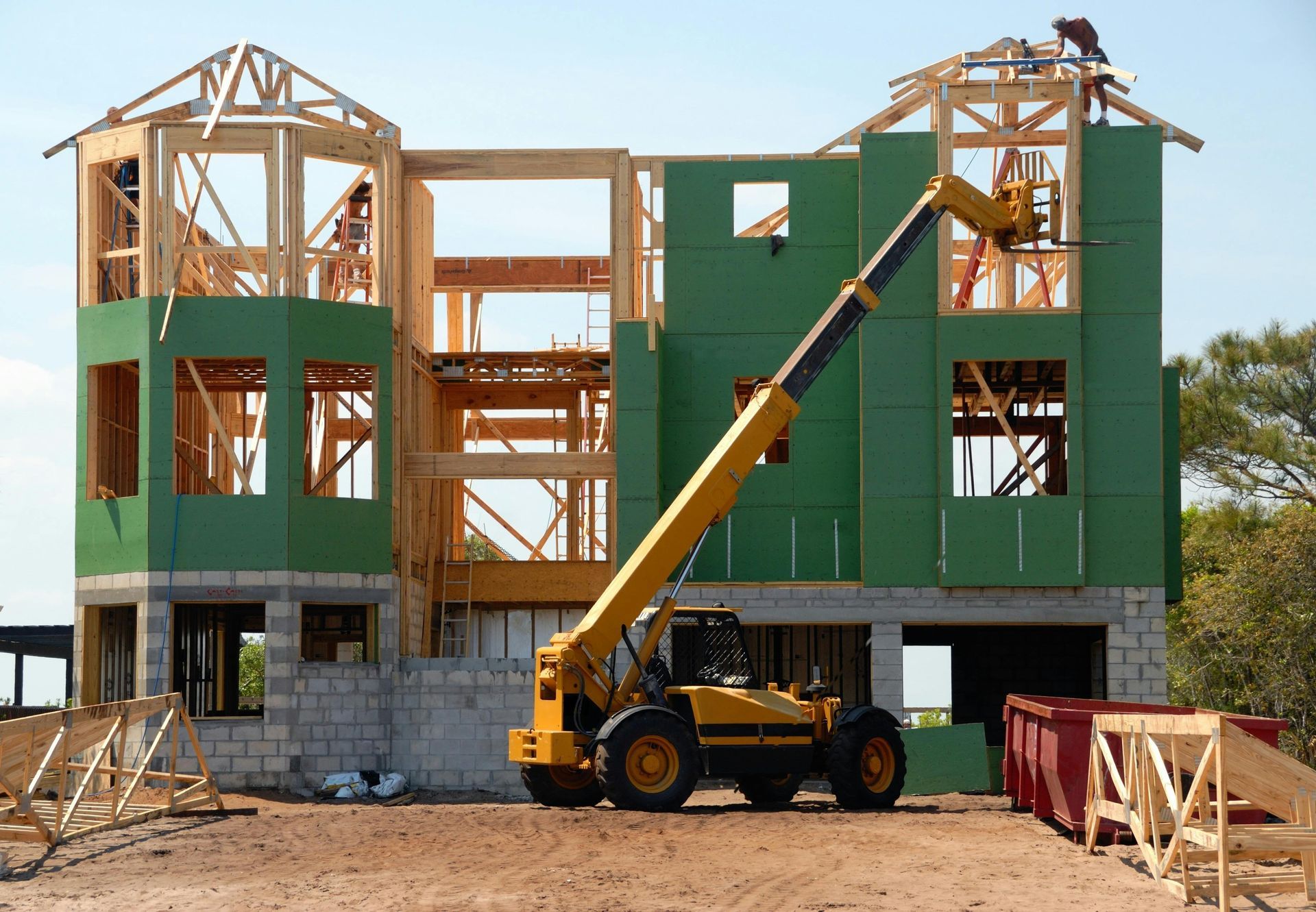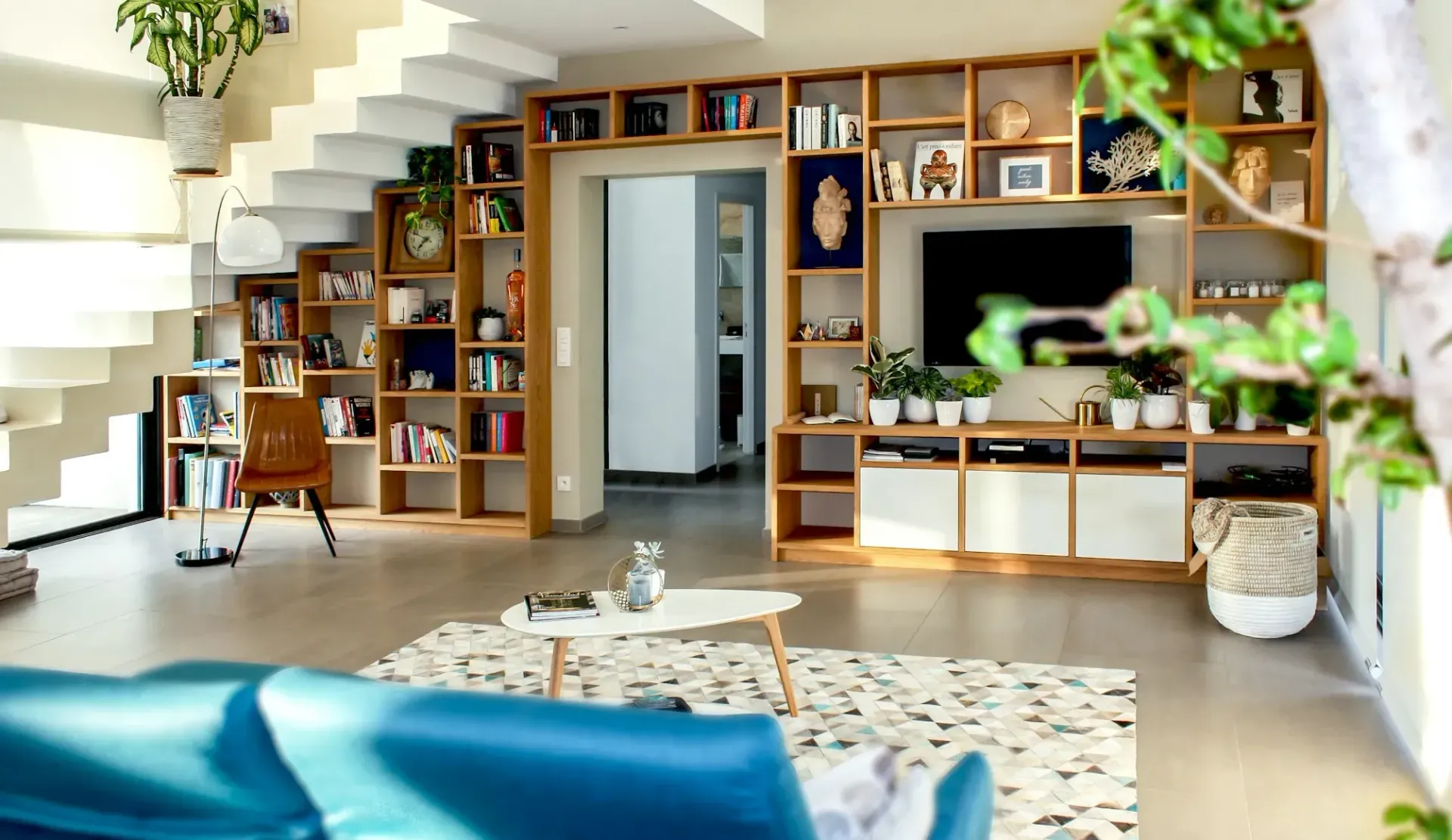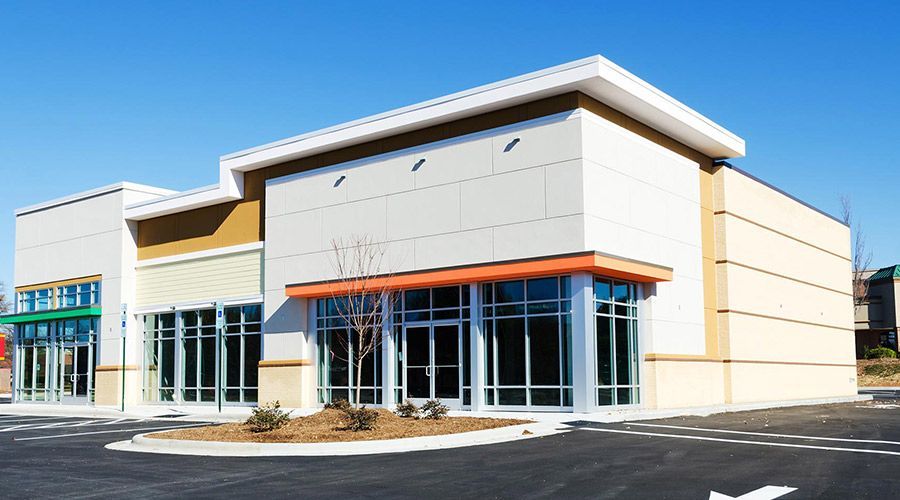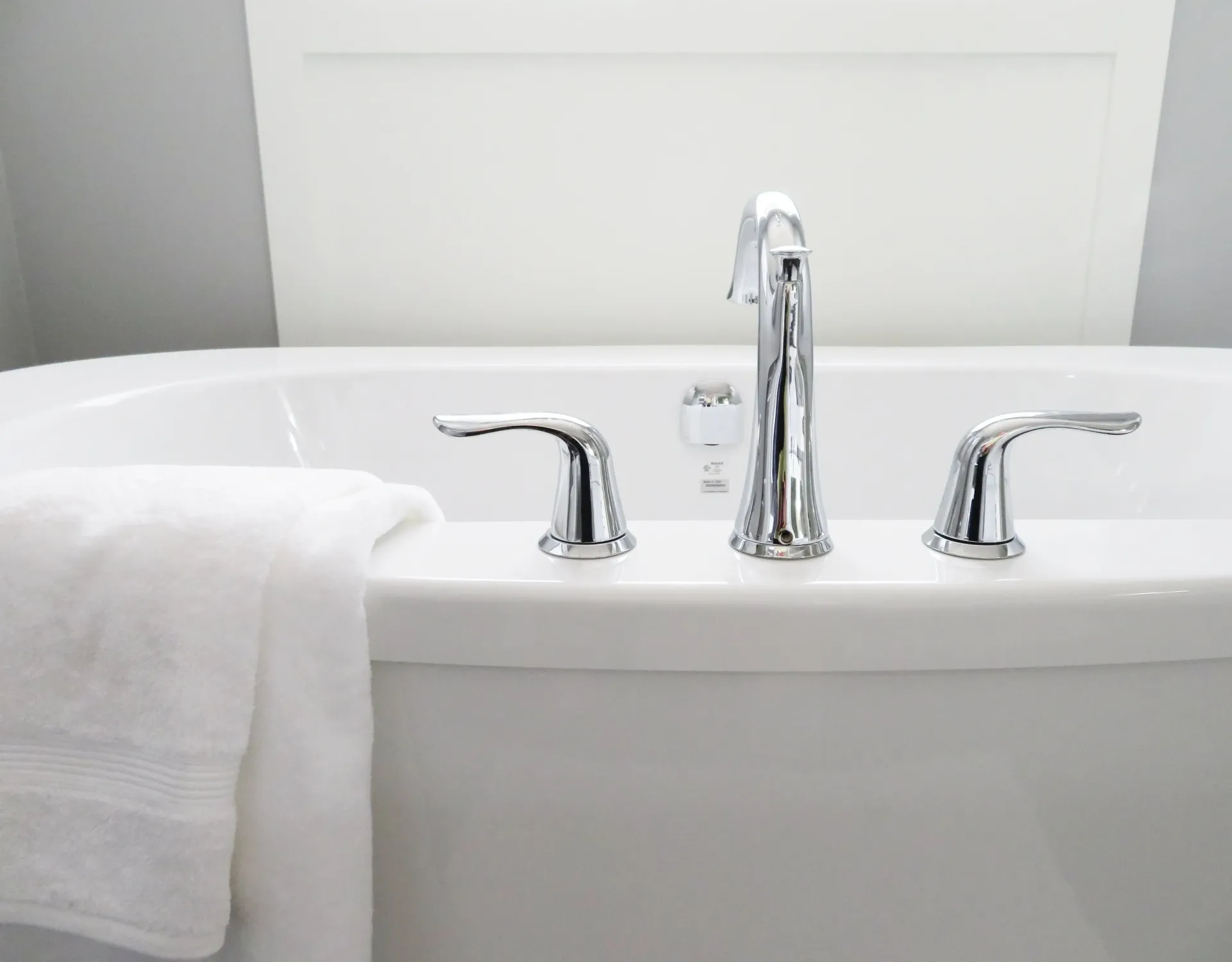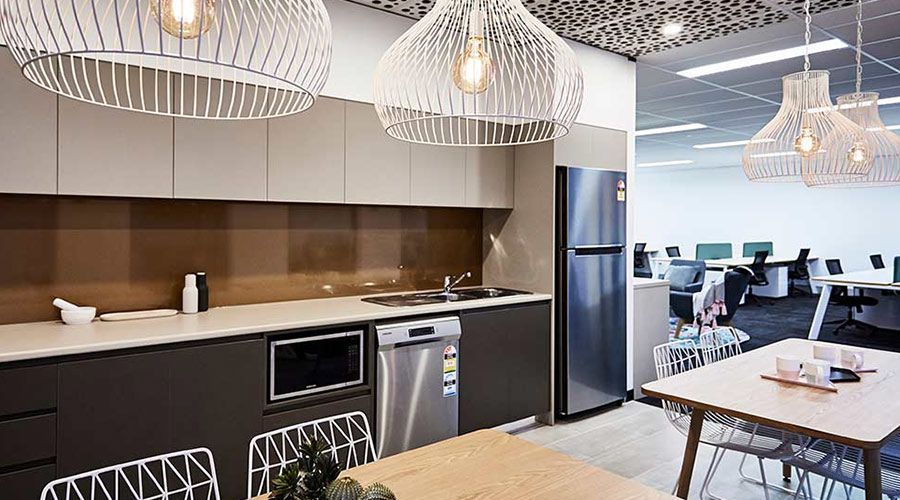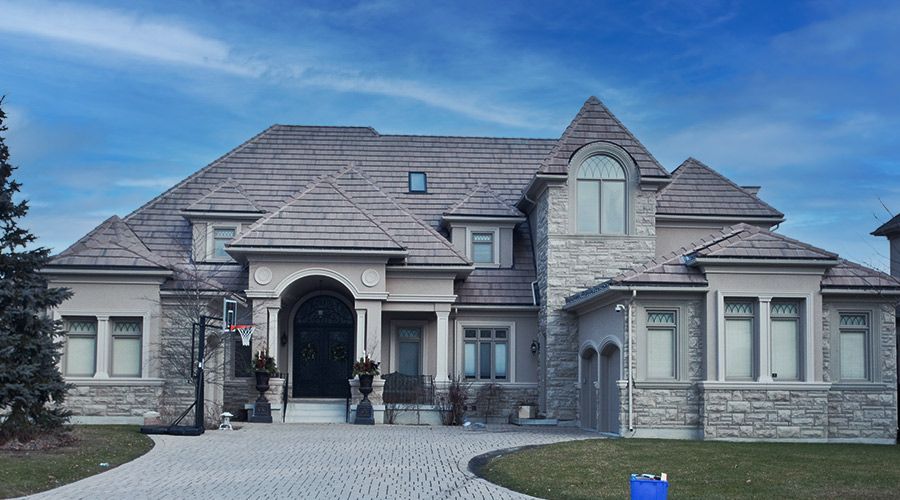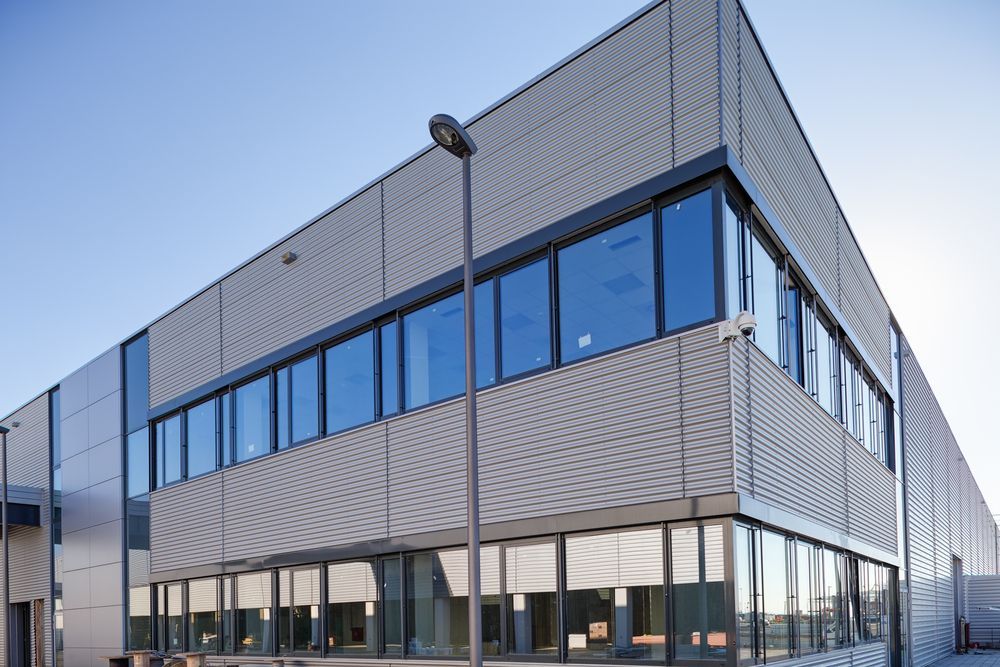How Much Does It Cost to Renovate a Small Kitchen?
March 4, 2024
How Much Does It Cost to Renovate a Small Kitchen?
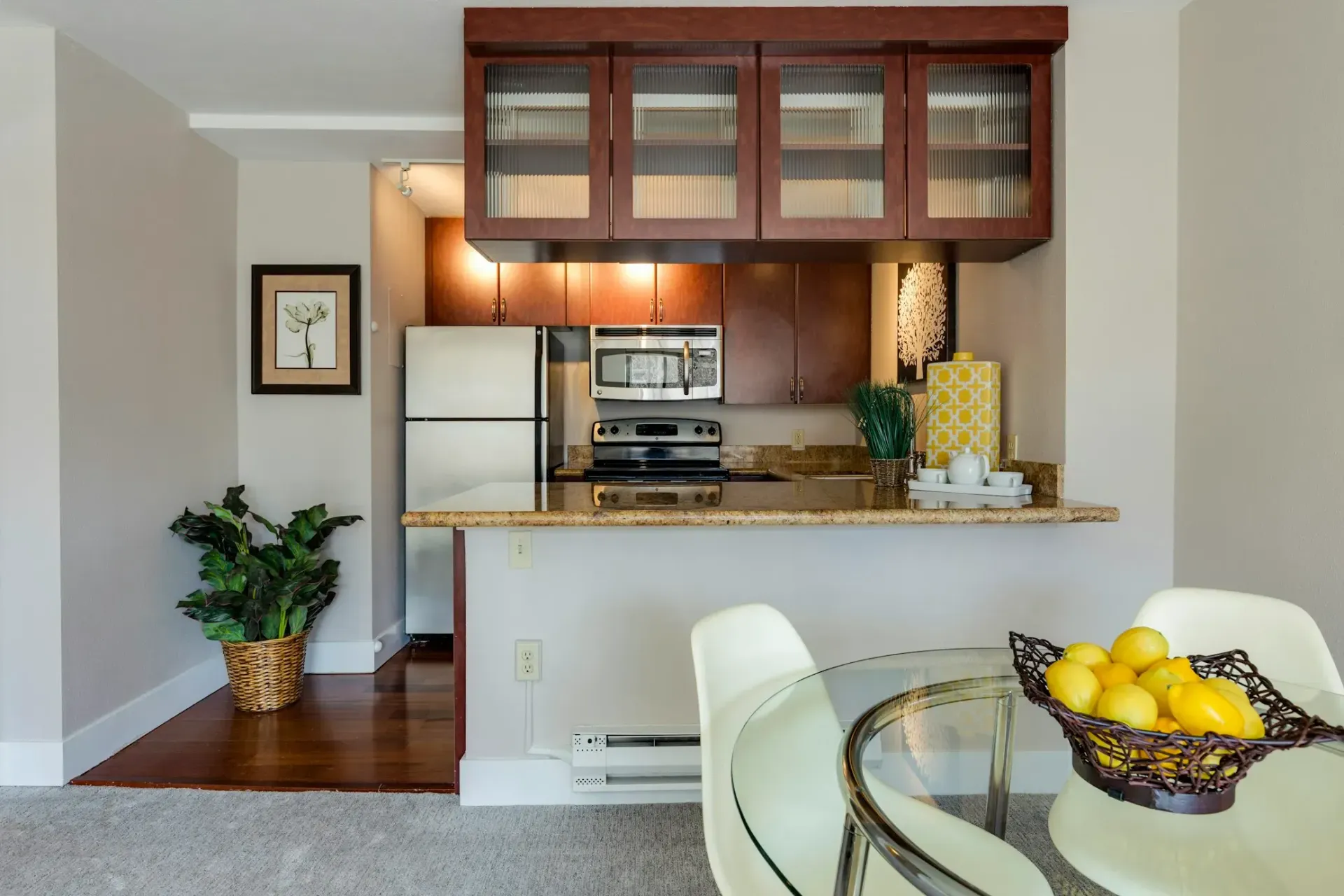
Did you know?
A staggering 75% of homeowners consider the kitchen the heart of their home, sparking a growing trend in small kitchen renovations. But here's the catch: navigating the costs can feel like solving a complex puzzle. From materials to labor, the financial commitment of transforming a compact space into a dream kitchen is shrouded in uncertainty.
Fear not! This blog serves as your ultimate guide, illuminating the path to accurately estimating the cost of your small kitchen renovation project. Whether you're looking to refresh, remodel, or completely overhaul your kitchen, we've got the insights to help you make informed decisions every step of the way. Let's dive into the world of kitchen transformations, where size does matter, but so does smart planning and creativity.
How Big is A “Small Kitchen”?
When we talk about a "small kitchen," the size can be subjective. However, industry standards help us pin down what small really means. According to Forbes, a small kitchen typically ranges between 60-120 square feet. Yet, it's not just about square footage; several factors can amplify the cramped feel of a kitchen. An awkward layout, limited natural light, and poor storage solutions can all make a kitchen feel smaller than its actual size. Understanding the dimensions of your space is the first step in planning a renovation that maximizes every inch of your kitchen.
Cost Breakdown
Average Costs
Diving into the numbers, the national average cost for a small kitchen remodel can vary widely. Data from the National Kitchen & Bath Association (NKBA) and HomeAdvisor, updated as of 2023, suggests that homeowners can expect to spend between $12,000 and $35,000. This broad range accounts for the vast differences in material choices, labor costs, and project scopes.
Cost Factors
Materials
The selection of materials plays a huge role in the overall cost. Cabinetry, for instance, can eat up nearly 30% of your budget, with prices fluctuating based on material and design. Countertops follow, with options ranging from affordable laminate to luxurious granite or quartz. Flooring options vary in durability and price, from vinyl to hardwood. Lastly, appliances can significantly affect your budget, especially if you opt for high-end or smart technology options.
Labor
Labor costs can be tricky to navigate. They're influenced by your location, the complexity of your project, and the experience of your contractor. A seasoned professional might charge more, but their expertise can save you money in the long run by avoiding costly mistakes.
Appliances and Fixtures
Updating appliances and fixtures can give your kitchen a modern look and improve functionality. However, this can also be a significant expense. Considering energy-efficient options might have a higher upfront cost but can lead to savings on utility bills over time.
Additional Costs
Unforeseen expenses often catch homeowners by surprise. Permit fees, necessary plumbing or electrical upgrades, and potential demolition costs can add up quickly. It's crucial to factor these into your budget from the start.
Saving Money on Your Renovation
DIY vs. Hiring Professionals
Deciding between DIY and professional help hinges on the task complexity and your own skill level. Simple cosmetic updates like painting can be DIY projects, which can cut costs significantly. However, for electrical, plumbing, or structural changes, hiring professionals is crucial. They ensure the work is done safely and up to code, which can save you from expensive repairs in the future.
Material Selection
Smart material selection can lead to significant savings without compromising on quality. For instance, refacing cabinets instead of replacing them can give your kitchen a new look for a fraction of the cost. When it comes to countertops and flooring, consider materials that offer durability and aesthetics at a lower price point, such as laminate countertops or luxury vinyl tile flooring. Additionally, sourcing materials from discount outlets or considering gently used fixtures can further reduce expenses.
Planning and Budgeting
A thorough plan and a well-defined budget are essential to avoid overspending. Begin by outlining every aspect of the renovation, then research and compare prices for materials and labor. It's advisable to get quotes from multiple contractors to ensure you're getting a fair deal. Also, allocate a contingency fund within your budget to cover unexpected costs without derailing your project. This proactive approach to planning and budgeting can help you achieve your renovation goals while keeping expenses in check.
Conclusion
A small kitchen renovation presents an opportunity to enhance functionality and aesthetics, but it requires careful financial planning. By understanding the key cost drivers, exploring ways to save through DIY projects, wise material choices, and diligent planning, you can make informed decisions that align with your budget. If you're looking for personalized guidance and professional expertise, Bluroc is here to help. Specializing in custom homes and renovations, we pride ourselves on delivering quality craftsmanship tailored to your specific needs and preferences. Contact us for a consultation, and let's work together to transform your small kitchen into a space you love.

